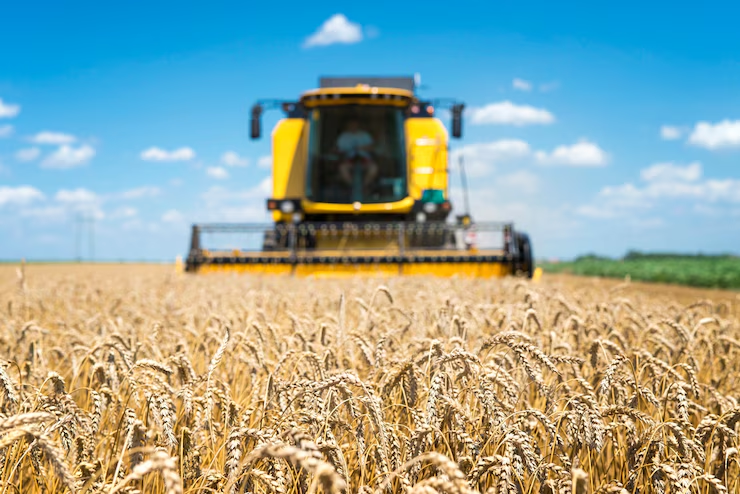Newcastle disease case confirmed in Rio Grande do Sul; check out prevention measures

According to the department, the notification of Newcastle disease was carried out in accordance with the criteria for defining a suspected case of Avian Respiratory and Nervous Syndrome and the samples collected were submitted to the Federal Laboratory of Agricultural Defense of Campinas (LFDA-SP).
The Department of Animal Health Surveillance and Defense conducted a clinical and epidemiological investigation on poultry farms in the area and the information released was:
- “Within a 3 km radius there are only commercial poultry farms. No suspected cases were detected;
- In addition to the investigation, biosecurity inspections were carried out and guidance was provided to producers to reinforce preventive measures and raise awareness about reporting suspected cases and
- The Department of Animal Health Surveillance and Defense (DDA) of SEAPI will adopt measures provided for in Contingency Plan for Animal Health Emergenciesseeking rapid control and elimination of sources of infection, including cleaning and disinfection.”
Daniel Andrade, a veterinarian, explains that the symptoms of Newcastle disease are difficulty breathing, sneezing, digestive cough, diarrhea, loss of appetite, reduced egg production, eggs with deformed shells, among others.
“The disease is transmitted through direct contact. Infected birds eliminate the virus through respiratory secretions and feces and (there is transmission through) direct contact with contaminated equipment, clothing, vehicles and food,” he explains.
Diagnosis and Prevention
The veterinarian also explains that the diagnosis is made through laboratory tests, such as viral isolation and serological testing, to confirm the presence of the virus. The main form of prevention of the disease is vaccination, but there are other control and safety measures.
“Such as visitor control, equipment disinfection and pest control, isolation and sanitary slaughter. In the event of outbreaks, it may be necessary to isolate infected birds or in severe cases and proceed with sanitary slaughter. It is a disease of economic and public health importance, Newcastle disease is of great importance due to its impact on poultry production”, he highlights.
Andrade emphasizes that although it is not considered a serious zoonosis, Newcastle disease is subject to mandatory notification to the World Health Organization (WHO), due to its potential impact on global poultry farming.
Risks to humans
According to Andrade, the disease can cause “mild” conjunctivitis in humans who handle infected birds.
Read more:
Brazil recorded 166 bird flu outbreaks between 2022 and 2024
By Brasil 61




